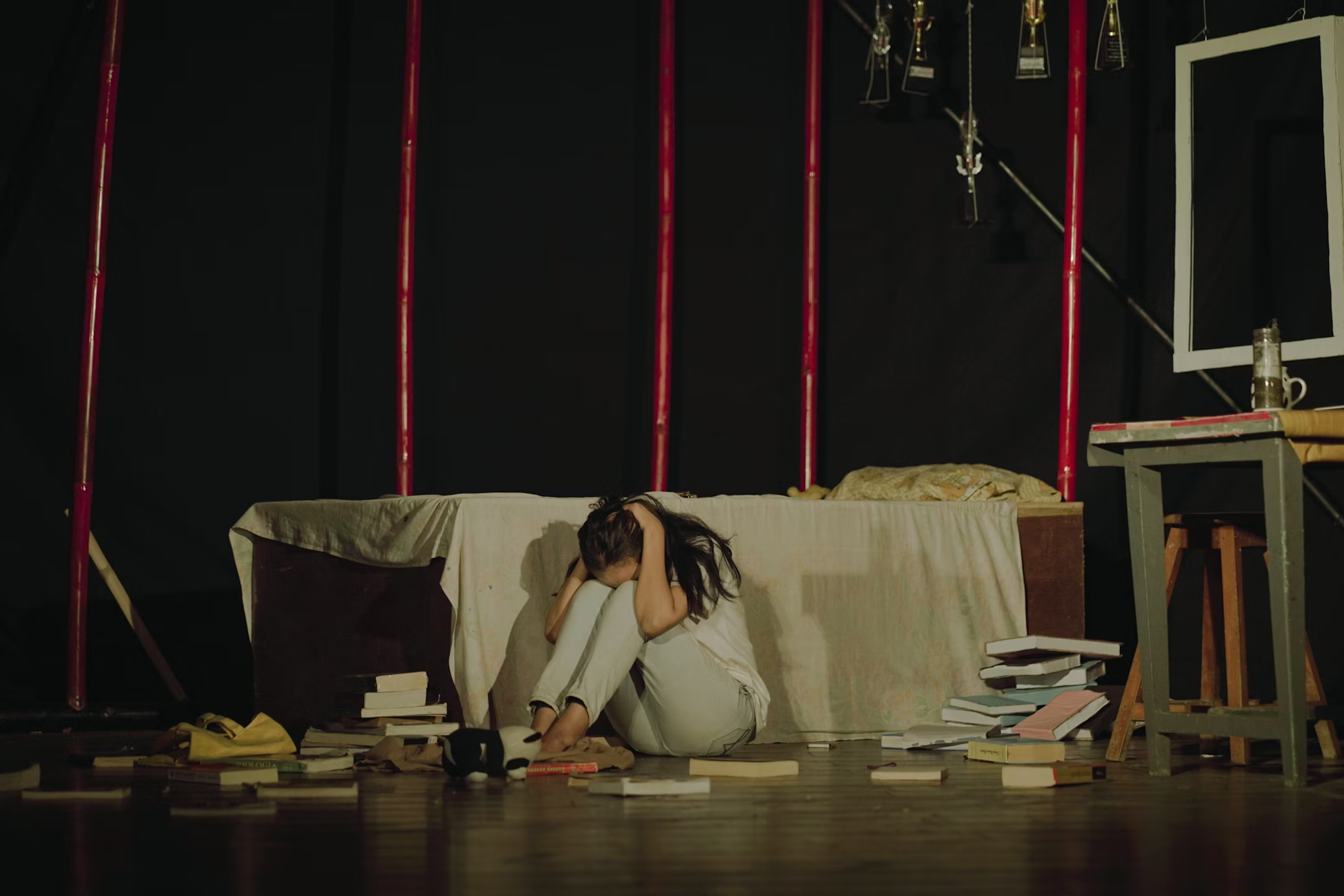What Is the Hardest Emotion for Actors?
(By Tonya Tannenbaum)
 (Photo: Fairuz Naufal Zaki | Pexels)
(Photo: Fairuz Naufal Zaki | Pexels)
Acting is an art of portraying human emotions with authenticity, whether it’s joy, anger, sadness, or fear. But not all emotions are created equal in the world of acting. Some are more challenging to embody due to their complexity, personal triggers, or the sheer vulnerability they demand. So, what is the hardest emotion for actors to portray? Let’s delve into the intricacies of emotional acting and hear from some of the world’s most talented performers.
Why Certain Emotions Are Harder to Portray
Actors often find it difficult to portray emotions that either feel inauthentic to them or require them to confront personal fears. Vulnerability, subtlety, and emotional truth are key, and some feelings demand a deeper dive into the actor’s psyche.
“Acting isn’t about pretending—it’s about living truthfully under imaginary circumstances,” said Sanford Meisner, a legendary acting teacher. For actors, the challenge lies in accessing their emotional core while staying within the boundaries of their character’s experience.
The Top Contender: Genuine Grief
Grief is widely considered one of the hardest emotions to portray authentically. It’s not just about shedding tears—it’s about capturing the subtle nuances of loss, which vary from person to person.
Oscar-winning actor Daniel Day-Lewis once shared, “Grief isn’t something you can fake. You have to know where that pain comes from, and sometimes, you have to confront parts of yourself you’d rather leave untouched.”
Adding to the complexity, grief often requires actors to maintain a balance between restraint and emotional intensity, making it a fine line to walk.
Other Challenging Emotions
- True Joy: It might seem surprising, but unbridled happiness can be just as challenging to portray as sadness. Actress Viola Davis explained, “Happiness isn’t just smiling and laughing. It’s layered with relief, surprise, and often a hint of disbelief. Capturing that complexity on screen takes work.”
- Subtle Love: Romantic emotions, particularly understated or unspoken love, can be incredibly difficult. Cate Blanchett remarked, “Portraying love without words—just with a glance or a touch—requires absolute vulnerability. You have to let the audience see inside you.”
- Guilt and Shame: These emotions often sit beneath the surface, requiring actors to convey an internal struggle without overacting. Tom Hardy once said, “Shame is hard because it’s an emotion people try to hide, even from themselves. As an actor, you have to do the opposite—reveal it without spelling it out.”
Techniques to Master Difficult Emotions
- Emotional Memory: Actors often draw from their personal experiences to connect with emotions. However, accessing real grief or joy can be emotionally taxing.
- Substitution: Some actors use substitution, imagining a scenario similar to the character’s but rooted in their own life. This makes the emotion feel authentic without crossing into painful territory.
- Physicality: Emotions often manifest physically. An actor may focus on how sadness feels in their body—heavy shoulders, a quivering lip—to make the performance resonate.
- Collaboration with Directors: A great director helps actors find the emotional truth of a scene. Meryl Streep noted, “A good director can help you find the small moments where the emotion truly lives.”
The Audience’s Role in Emotion
Interestingly, what’s hardest for actors isn’t always what audiences perceive as difficult. Expressing rage or despair might feel challenging for an actor but appear effortless to viewers. Conversely, subtle emotions like longing or quiet resignation might seem simple but require incredible skill to convey convincingly.
Grief, unbridled joy, and subtle love are among the hardest emotions for actors to portray because they demand deep authenticity, vulnerability, and precision. As Viola Davis said, “The hardest emotions are the ones closest to the heart because they’re the ones we protect the most.”
For actors, mastering these emotions is not just about technique but also about courage—embracing the human experience in all its raw and messy beauty.



